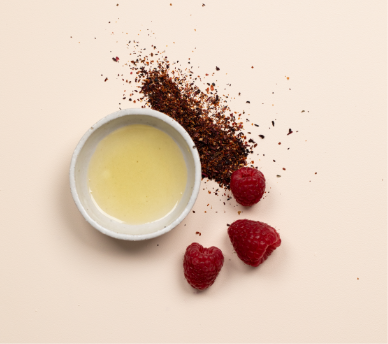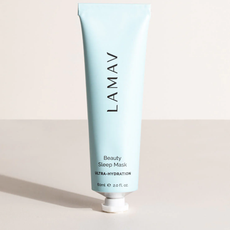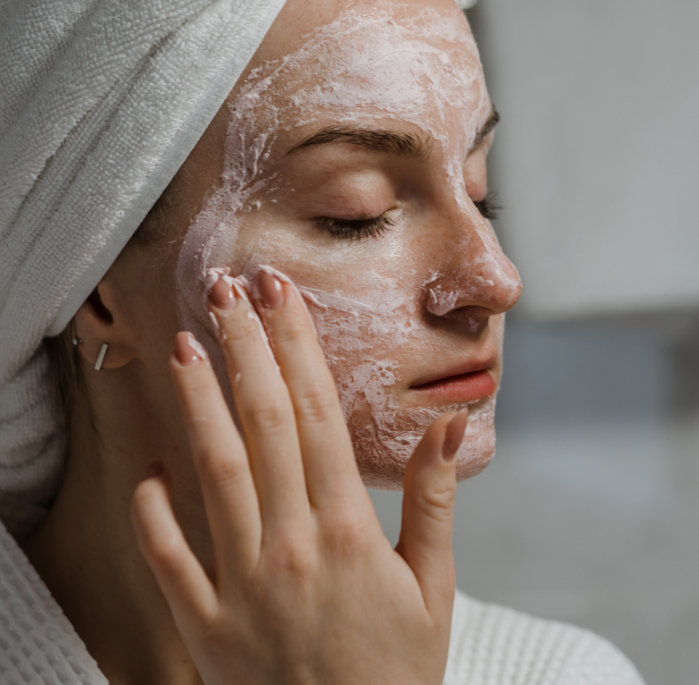The Danger Of Nanoparticles In Cosmetics : Are Your Products Safe ?
As cosmetic aficionados, we’re all guilty of waiting for the next big thing. The product that is going to make our lives a little easier, hide those blemishes better, fill in those lines more effectively, and make us all look a little bit more stunning than we usually do! Nanotechnology, the use of microscopic nanoparticles in cosmetics, has been advertised to the world as the next revolution in makeup and skincare. It is the next big thing we’ve been waiting for – perfectly safe for human use.
But is it?
Let’s take a look at just what nanotechnology is, how it is used in the cosmetics industry, and why you should make sure that you only use products that contain no nanoparticles.
What is Nanotechnology?
Nanotechnology has been around for decades, but the technology is so delicate and complex that it has taken a long time for engineers, scientists, and manufacturers to figure out cost-effective ways of using it. Nanotechnology itself refers to anything which is created at a molecular level. The small scales at which nanotechnology operates are mind-boggling. This simply means that material is made in a more rigid and controlled way. Nanotechnology has thousands of applications in material construction and could pave way for a revolution in ways any product could be made in the future.
A product created through nanotechnology can be made from the ground up without traditional methods of putting together various naturally occurring synthetic ingredients. In theory, this means inventors and manufacturers should be able to make new types of materials with specific efficient uses – like makeup that will never run out, lipstick that will last for days, moisturizer which will keep your skin smooth for a week at a time, and foundation which needs only one thin layer to cover any blemish.
Sounds great, doesn’t it? Unfortunately, the reality is very different from the potential of this technology. There’s no doubt that nanotechnology is an exciting innovation, but should a process used to make metals and plastics be used for your skin?
What does the evidence suggest? Should you keep using nanotechnology products?
To answer that question, let’s look at the way current products use this technology.
How is Nanotechnology Used in the Cosmetics Industry?
Nanoparticles in cosmetics aren’t exactly a new thing. In recent years, more and more cosmetics are wearing the “nanotechnology” badge with pride, but did you know that many cosmetics already use this technology and don’t even have to acknowledge it? It is happening all the time because the industry isn’t regulated properly yet, which often happens when new technologies come into use. The problem is that this doesn’t protect the consumer from being able to choose what products and ingredients they subject their bodies to. You should be able to make an informed choice about the manufacturing processes used in your make-up, but right now it can be very difficult to do that.
You probably think you have never used a product that has nanotechnology in it, but the sad truth is that you most likely have. The sheer volume of products that use nanotechnology in their production is worrying, especially when you take into account the growing evidence which suggests that nanoparticles could be hazardous for your health.
For now, prepare yourself for a shock. You’ll find nanotechnology in many of the following products:
- Moisturizer
- Soap
- Deodorant
- Toothpaste
- Shampoo
- Sunscreen
- Hair Conditioner
- Perfume and Aftershave
- Aftershave Lotion
- Anti-Wrinkle Creams
- Nail Polish
- Lipstick
- Eye Shadow
- Foundation
- Blush
And that isn’t even a comprehensive list! There are hundreds of day-to-day products using nanotechnology, and there are very few regulations around the world forcing manufacturers to advertise that fact. Imagine if you had a nut allergy (some of you probably do), and food companies were allowed to omit peanuts from their ingredients lists, even though they use them. How would that affect you?
You should know what you are putting on your skin, as this is absorbed directly into your body. The cosmetics companies should make it clear what is in their products and how the ingredients are manufactured, but apart from a small merry band of ethical cosmetics producers, very few do.
Why Does The Cosmetics Industry Use Nanoparticles?
The processes involved have become so cheap that major cosmetic companies including L ‘Oreal, Avon, Lancome, The Body Shop, and Revlon use nanoparticles when making their products. It’s all about profit, and while various scientific studies have shown that nanoparticles may be dangerous when used in cosmetics, the industry still does not listen. Why? Because most are only interested in pushing production costs as low as possible while benefiting from a “new technology” which their marketing departments can advertise as revolutionary, encouraging people to buy without realizing the danger they are putting themselves in.
The problem is that more testing needs to be done to understand the long-term effects of nanoparticles in cosmetics when applied to the skin, and right now we only have a few studies. What’s worse, those studies point out how detrimental nanotechnology is to a person’s health.
But That Sounds Dangerous?
You bet it’s dangerous!
In recent years new types of nanoparticles have been continually used in cosmetic products. One example is silver. It might look good on a piece of jewelry, and yes, it does have antibacterial properties but there is increasing evidence that when used in cosmetics, it could be toxic to human beings and the environment.
Two of the most common nanotechnology ingredients being used in cosmetics today are titanium dioxide and zinc. Both of these are metals and at such tiny nano-scales that the particles are easily absorbed into the bloodstream and around the body. There is an increasing amount of evidence that these materials can badly affect the skin, damaging DNA and cell function by the production of free radicals when exposed to UV light – part of the day-to-day light spectrum we are all exposed to when we go outside. Put it this way, would you eat metal? No, but you’re still absorbing particles of it when using these products!
If you are willing to put the risks aside, then think about the effect on any children you might have down the road. A recent study has shown that titanium dioxide is passed onto the offspring of mice resulting in potential brain and nerve damage, not to mention affecting the ability of males to produce sperm later in life. Now, you might think well, that’s in mice, but the chances are it would occur in all mammals, humans too! That’s why we at LAMAV refuse to use nanoparticle-size titanium dioxide in our products.
Another type of nanoparticle seen in many cosmetics is the Fullerene, a carbon ball-shaped particle. When applied to the skin, these particles can be easily absorbed into the body. These particles can even cause severe brain damage in some animals and even kill others. In humans, they have been linked with liver damage and may even affect the immune system.
In summary, nanoparticles in cosmetics & skincare appear to be very dangerous, and so consumers should educate themselves as to which products contain these particles and which do not.
So, What Now?
Due to cosmetic companies not declaring that their products use nanotechnologies/ nanoparticles in cosmetics during the manufacturing process, the only option open to an informed consumer like yourself is to use products that specifically state that there are no nanoparticles present. Only then can you be certain that you are protecting your health and your skin by avoiding subjecting your body to the dangers of nanotechnology in cosmetics. It’s down to you to make an informed choice.
If you liked this post, let us know by sharing it!










